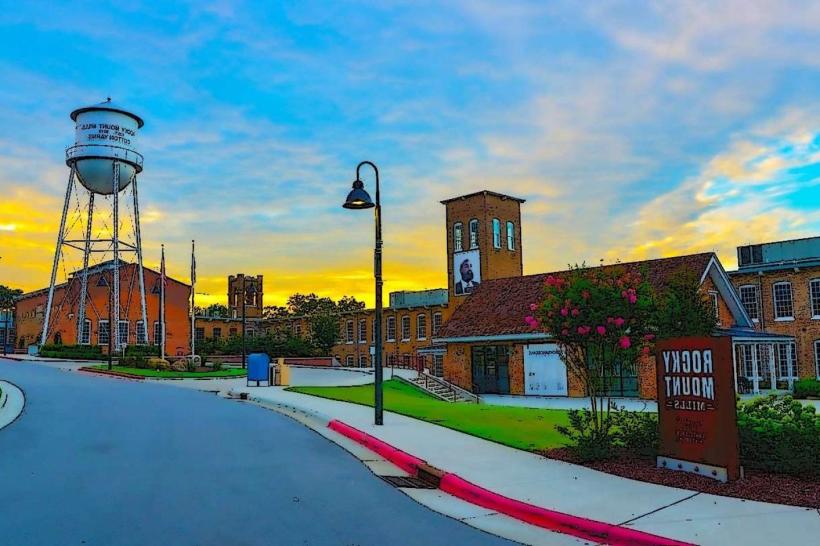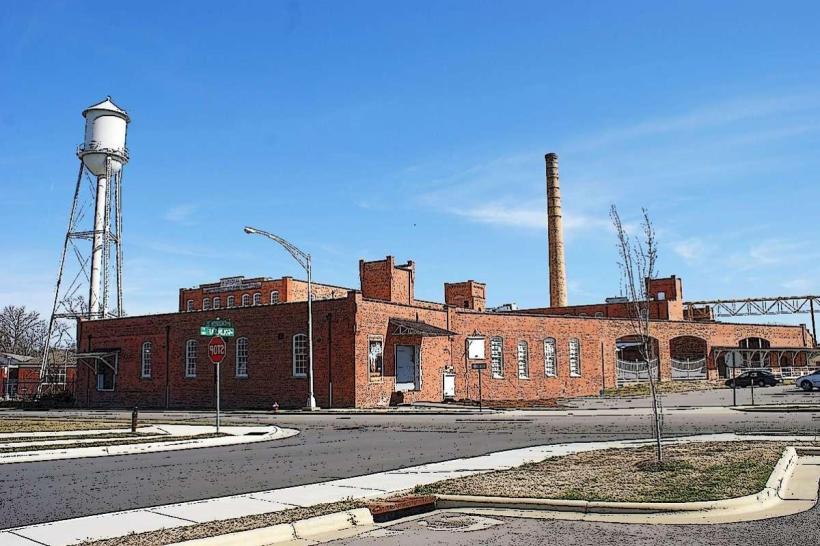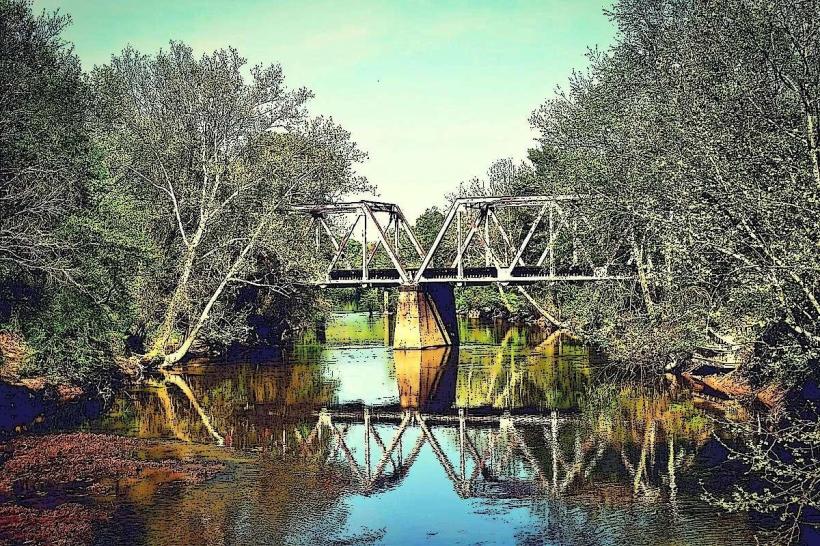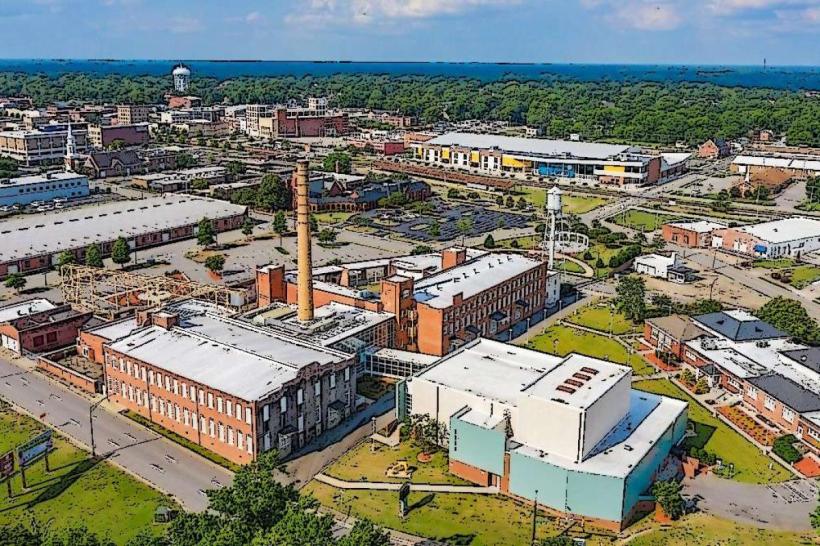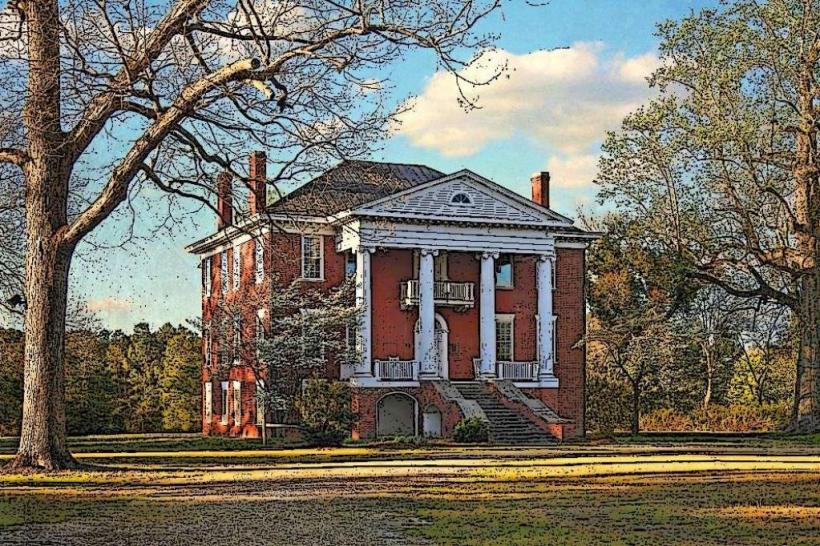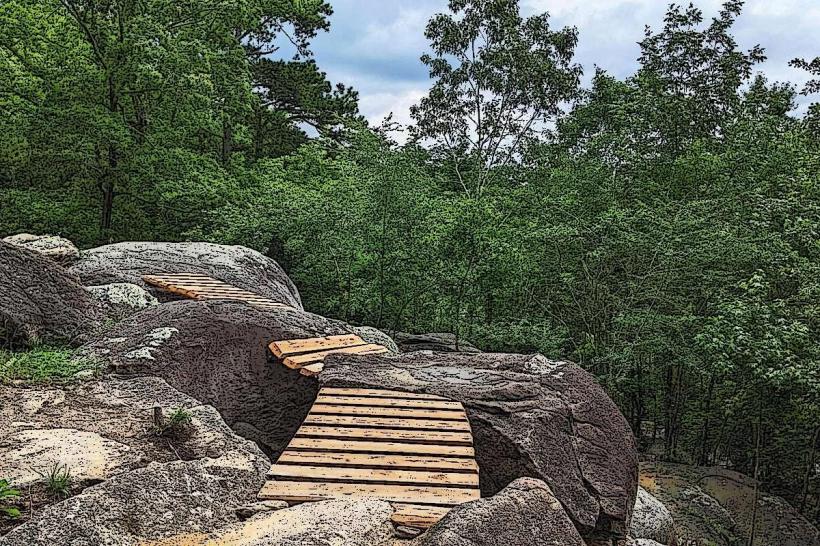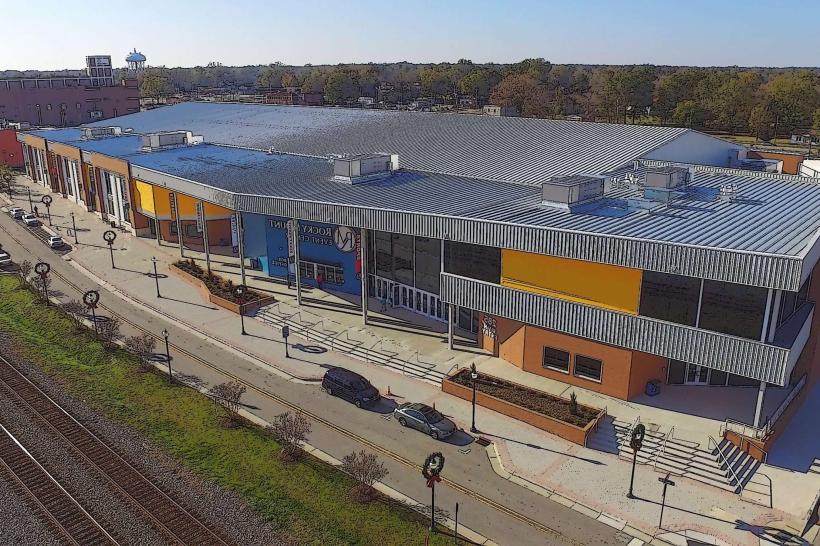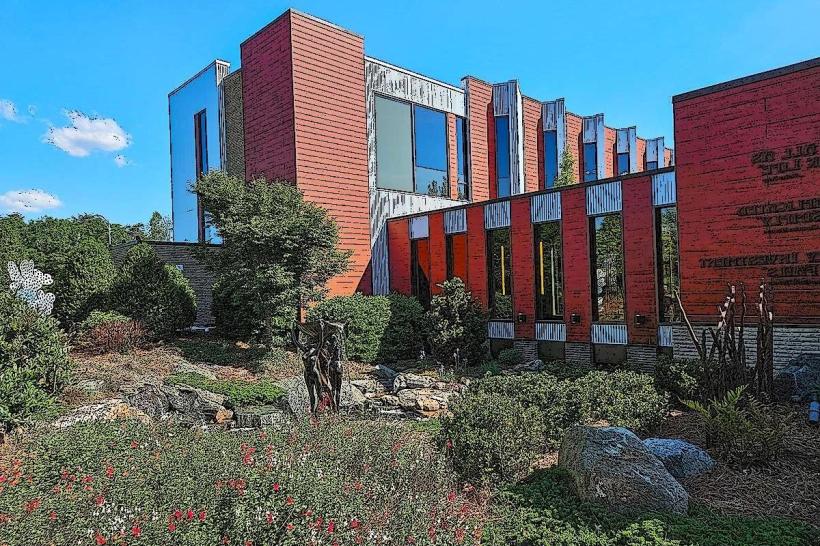Information
City: Rocky MountCountry: USA North Carolina
Continent: North America
Rocky Mount, USA North Carolina, North America
Rocky Mount is situated in the coastal plain region of North Carolina, uniquely split between Nash and Edgecombe counties. It serves as a significant intersection for rail and highway transit in the eastern part of the state.
Historical Timeline
Rocky Mount was incorporated in 1867, though its origins date back to the early 19th century when a post office was established near the "rocky mounds" at the falls of the Tar River. Primary governance eras include its development as a major rail hub for the Atlantic Coast Line Railroad and its 20th-century status as a premier tobacco and textile manufacturing center. A critical historical event was the 1962 speech by Dr. Martin Luther King Jr. at Booker T. Washington High School, where he delivered an early version of his "I Have a Dream" refrain.
Demographics & Population
The population within city limits is approximately 54,000. The demographics are Black or African American (62%), White (31%), and Hispanic or Latino (4%). The median age is 39.4 years.
Urban Layout & Key Districts
The city is bisected by the CSX railroad tracks, which serve as the county line. Downtown is the historic center, currently undergoing revitalization centered on the Rocky Mount Mills, a massive 19th-century mill campus converted into a multi-use complex. The West Side (Nash County) contains most of the city's modern retail and suburban expansion. The East Side (Edgecombe County) is characterized by historic residential neighborhoods and the city's primary industrial zones.
Top City Landmarks
Rocky Mount Mills (Brewery and residential hub)
The Imperial Centre for the Arts & Sciences
City Lake Park
Stonewall Manor (1830 plantation house)
Transportation Network
Movement is serviced by the Tar River Transit bus system. The city is a major junction for I-95 and US-64. The Rocky Mount Amtrak Station is a vital stop for the Palmetto, Silver Meteor, and Carolinian lines. The closest commercial air hub is Raleigh-Durham International (RDU), approximately 100 km west. Traffic density is moderate, with most congestion focused on Hunter Hill Road and Winstead Avenue.
Safety & "Red Zones"
The general safety level is moderate to low. Caution is advised at night in specific areas of the East Side and neighborhoods bordering the Grand Avenue and Holly Street corridors, which experience higher rates of property and violent crime. Common scams are infrequent, usually involving unauthorized solicitors near the downtown transit hub.
Digital & Financial Infrastructure
Internet speeds average 200 Mbps with fiber-optic availability via Suddenlink (Altice) and Greenlight (in nearby Wilson). Main mobile carriers are Verizon, AT&T, and T-Mobile. Card acceptance is universal. ATMs are concentrated on Sunset Avenue and within major grocery chains like Harris Teeter or Food Lion.
Climate & Air Quality
Temperatures range from 1°C to 12°C in winter and 21°C to 33°C in summer. Air quality is consistently high. Specific weather risks include high humidity and seasonal flooding, particularly from the Tar River during hurricane events.
Culture & Social Norms
The standard tipping percentage is 18–22%. A handshake is the standard greeting. Dress codes are casual-conservative. Smoking is prohibited in all public indoor spaces. The city has a deep connection to jazz and rhythm and blues, as it is the birthplace of Thelonious Monk.
Accommodation Zones
US-64 / Winstead Ave: Recommended for national hotel chains, ease of highway access, and proximity to the medical district.
Rocky Mount Mills: Recommended for boutique "tiny house" accommodations and proximity to the local brewery scene.
Local Cost Index
1 Espresso: $4.25 (USD)
1 Standard Lunch: $14.00 (USD)
1 Transit Fare: $1.25 (USD)
Nearby Day Trips
Wilson, NC (Vollis Simpson Whirligig Park) (30 km)
Raleigh, NC (85 km)
Medoc Mountain State Park (40 km)
Sylvan Heights Bird Park (50 km)
Facts & Legends
Rocky Mount is the birthplace of legendary jazz pianist Thelonious Monk. Historically, the Rocky Mount Mills was the second cotton mill established in North Carolina. A local legend involves the "Ghost of the Tar River," where residents have claimed for generations to see a spectral white figure or hear the sound of a phantom boatman near the falls during heavy fog.

